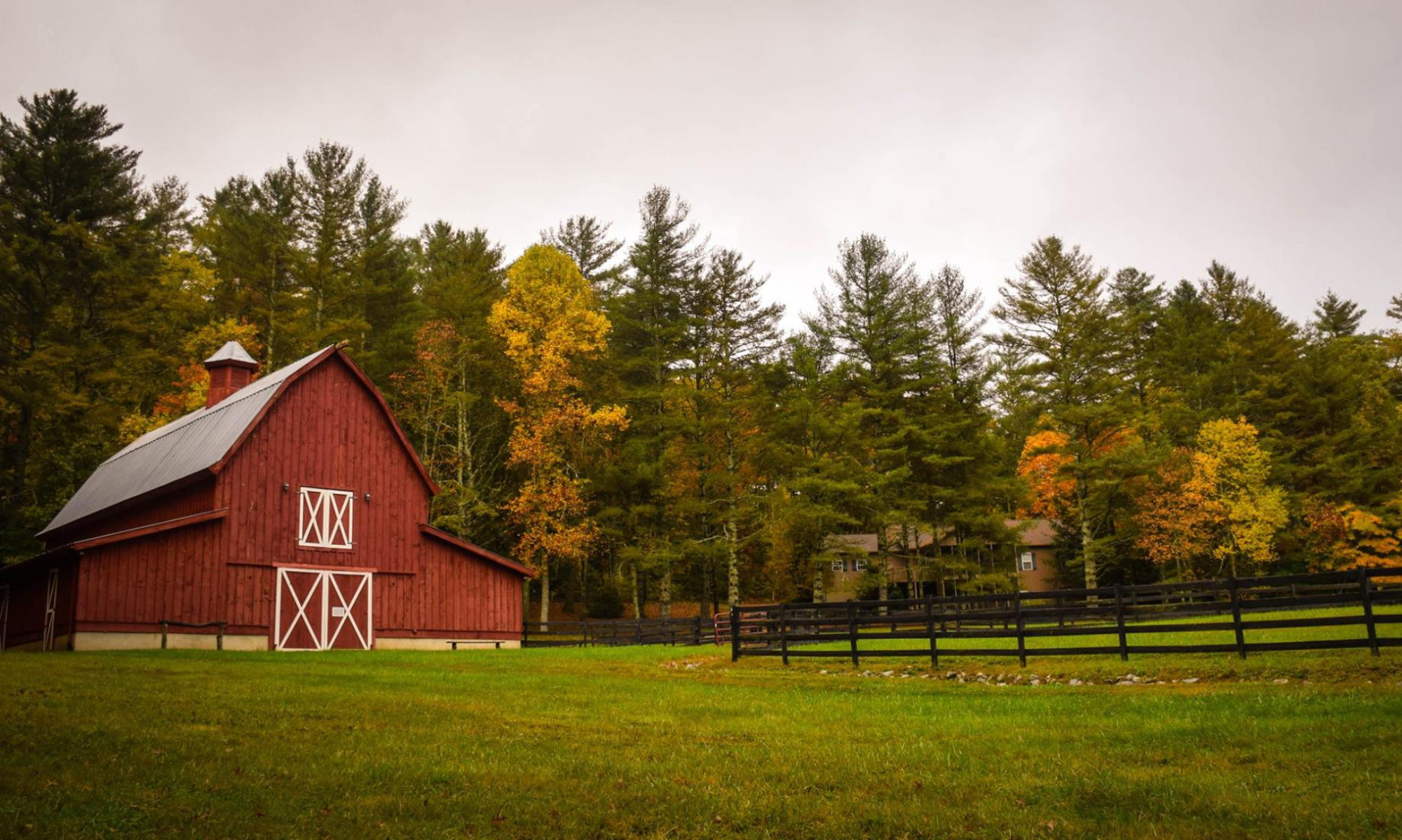A common misconception among urbanites is that rural is synonymous with agriculture. While some rural communities are affected by the structure and trends of agriculture, other rural communities rely on mining, forestry and manufacturing.
Rural communities that have ties to mining are currently witnessing rapid changes in the industry. Coal mining in particular is being driven to expand by increased foreign demand and high oil prices. This expansion is resulting in high wages and significant labor shortages.
Coal industry and union executives are concerned that Pennsylvania soon could face shortages of skilled coal miners that already are cropping up elsewhere in the other Appalachian Basin states of Ohio, West Virginia, Maryland, Virginia and Kentucky.
Mining employment grew briefly in the 1970s, but collapsed again in the 1980s and has remained depressed until recently.
The lack of hiring in the past two decades — exacerbated by new technology that eliminated many mining jobs and increased the skills needed to be a miner — has left the industry with outright labor shortages in some industry strongholds, such as southern West Virginia and Eastern Kentucky, and a rapidly aging work force in others, including Pennsylvania.
Most of the people in the available labor pool aren’t trained to be miners, and universities and trade schools have scaled back or eliminated mining programs in recent years. To combat the labor shortage mining companies have increased salaries by $10,000 in recent years, but even that is not helping.
Average salaries of from $68,000 to $87,000 (for coal miners), health benefits, life insurance and vacations are not enough to lure people to this grime-and-dirt work. […]
The job is not sexy, to say the least. Women are reluctant to move to remote mining towns despite high salaries, making it a predominantly male profession. And, it is an instable industry. Today’s boom is tomorrow’s bust.
Despite the current labor shortages more mines are slated to open and other previously shuttered mines will reopen in the coming year.
Additional mine openings will bring additional jobs to often depressed rural economies, but whether these jobs bring more benefit or harm in the long-term remains an open question. Many rural communities today are facing clean-up bills from an environmental mess left behind by the last round of mines to go bust.
Few can blame those looking for a job, but I would argue that we would be better off investing tax dollars today in sustainable rural development, rather than tomorrow cleaning up after another round of busted mines.
